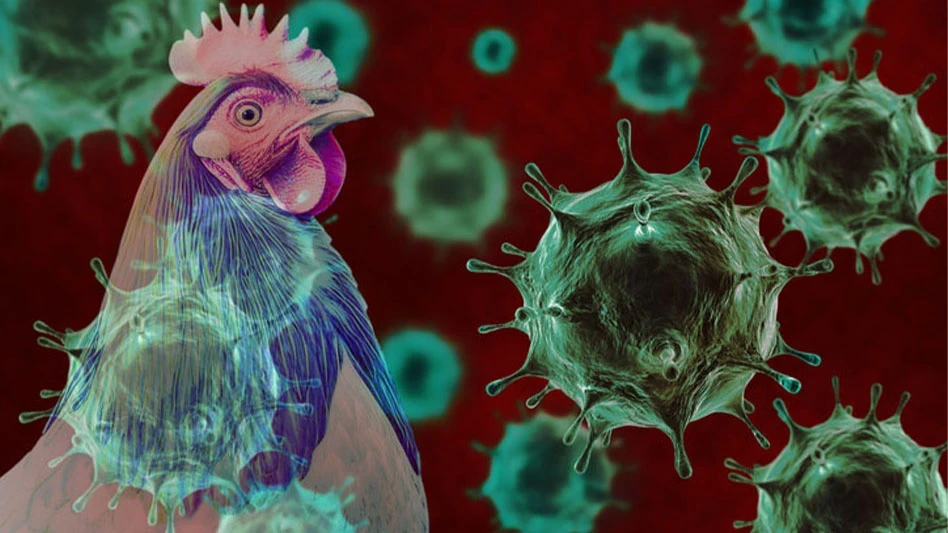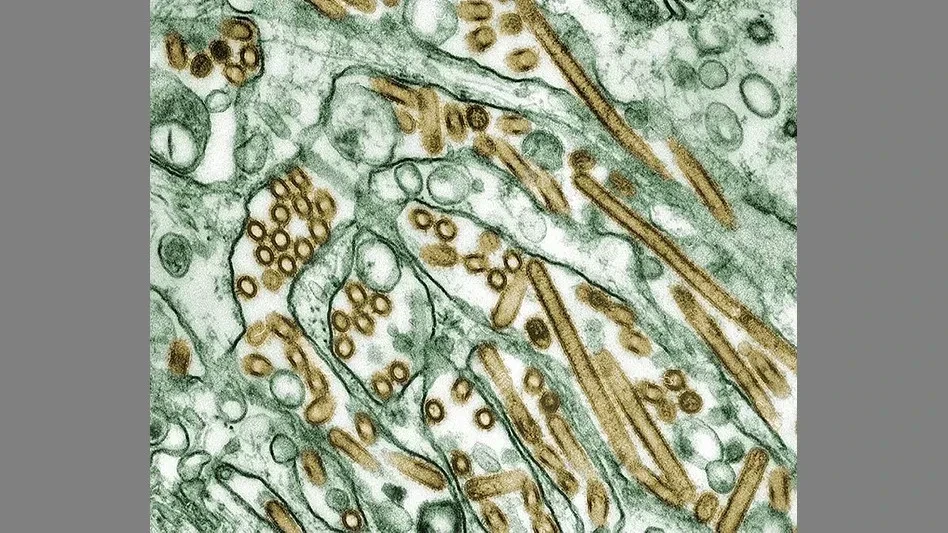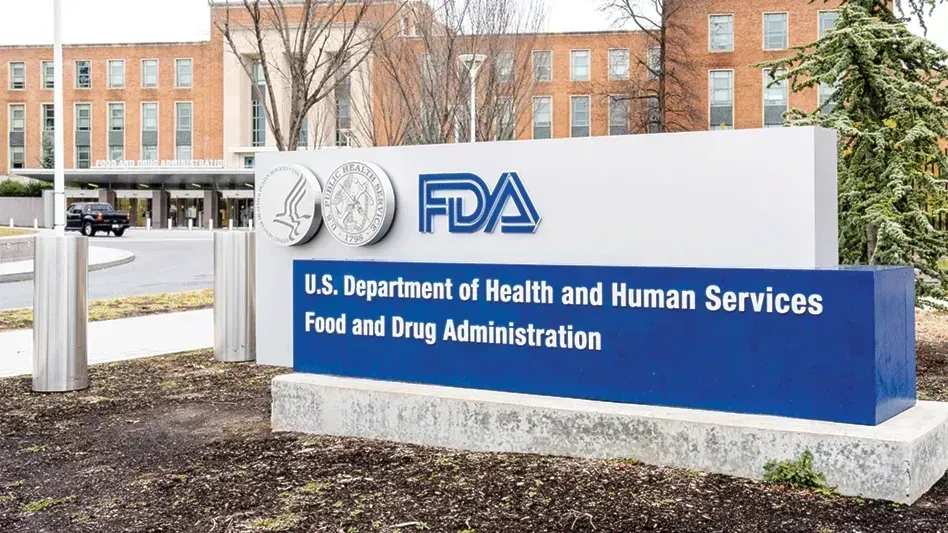
WASHINGTON, D.C. — The U.S. Food and Drug Administration (FDA) issued a new import alert for human food products with detectable levels of chemical contaminants that may present a safety concern to human health.
The Import Alert 99-48, Detention without Physical Examination of Foods Due to Chemical Contamination, gives the FDA the ability to help prevent entry of human food products into the U.S. if they are found to be contaminated with a broad range of human-made chemicals including benzene, dioxins and polychlorinated biphenyls (PCBs) and per- and polyfluoroalkyl substances (PFAS), among others.
PFAS are a diverse group of thousands of chemicals used in many different types of products. PFAS in the environment can enter the food supply through plants and animals grown, raised or processed in contaminated areas. It is also possible for very small amounts of certain PFAS to enter foods through food packaging, processing and cookware.
The FDA generally has taken the approach of assessing, on a case-by-case basis, whether the type and level of a chemical contaminant found in food may pose a health concern, such that the food is considered to be adulterated in that the levels may pose a risk to human health. To make that determination, the FDA considers factors including, but not limited to, whether there is an established action level or tolerance, how much of the food people typically eat, the level of the contaminant detected in that food and the toxicity of the specific contaminant(s).
In 2022, the FDA initiated a targeted survey for PFAS in 81 seafood samples collected at retail and determined that the estimated exposure to perfluorooctanoic acid (PFOA), a type of PFAS, from certain samples of canned clams from China is likely a health concern. The 81 samples in the survey consisted of clams, cod, crab, pollock, salmon, shrimp, tuna and tilapia, most of which were imported to the U.S. The FDA plans an additional targeted survey of molluscan shellfish this year, and this new import alert could be used to refuse entry of foods like seafood contaminated with PFAS.
Specific firms and their food products found with levels of chemical contaminants that may pose a risk to human health may be subject to detention without physical examination (DWPE) under this import alert. To remove a firm/product from this import alert, evidence should be provided to the FDA to adequately demonstrate that the firm has resolved the conditions that gave rise to the appearance of the violation, so that the agency will have confidence that future products will be in compliance. For guidance on removal, refer to FDA's RPM, Chapter 9-8, "Detention without Physical Examination (DWPE)." The FDA issues Import Alerts to help prevent potentially violative products from being distributed in the United States.
Questions or issues involving import operations should be addressed to ORA Division of Import Operations (301) 796-0356 or FDAImportsInquiry@fda.hhs.gov.
Questions or issues with regard to human food on policy, sample collection recommendations or any additional questions not directly related to a detained entry should be addressed to CFSAN/Division of Enforcement's Food Adulteration Assessment Branch at CFSANEnforcement@fda.hhs.gov.
Latest from Quality Assurance & Food Safety
- Penn State Course Covers Fundamentals of Food Science
- Joint FAO/WHO Expert Committee on Food Additives Seeks Experts
- FDA Reschedules Webinar on Updated ‘Healthy’ Claim
- Thousands More Laid Off at FDA, CDC in HHS Restructuring
- USDA Extends Deadline on Request for Information for Poultry Quality Standards
- Dessert Holdings Issues Allergy Alert on Undeclared Pecans in Favorite Day Cheesecake
- Idaho Smokehouse Partners Recalls Beef Sticks Due to Possible Foreign Matter Contamination
- IDFA Leadership Symposium Set for June 23-26







